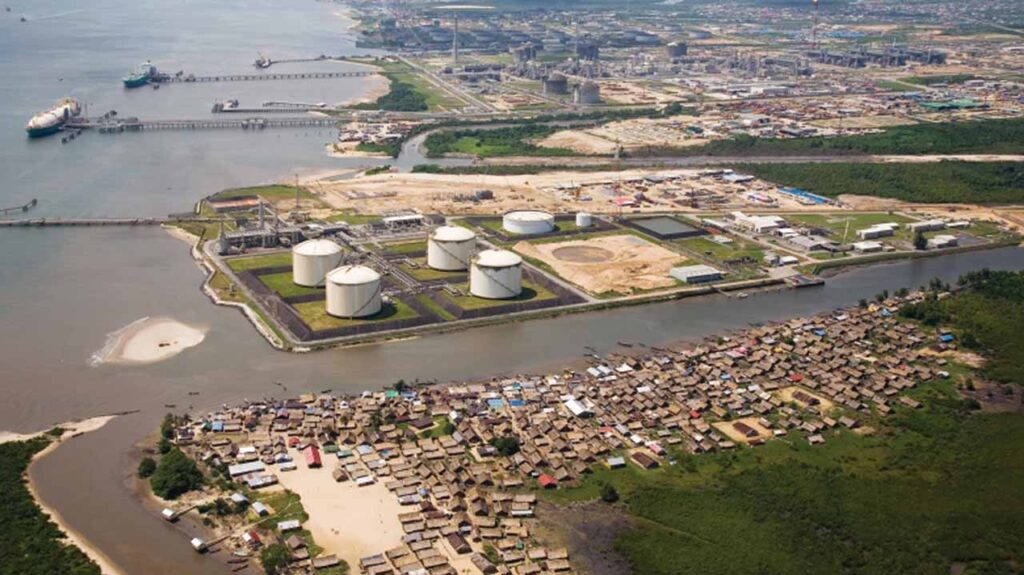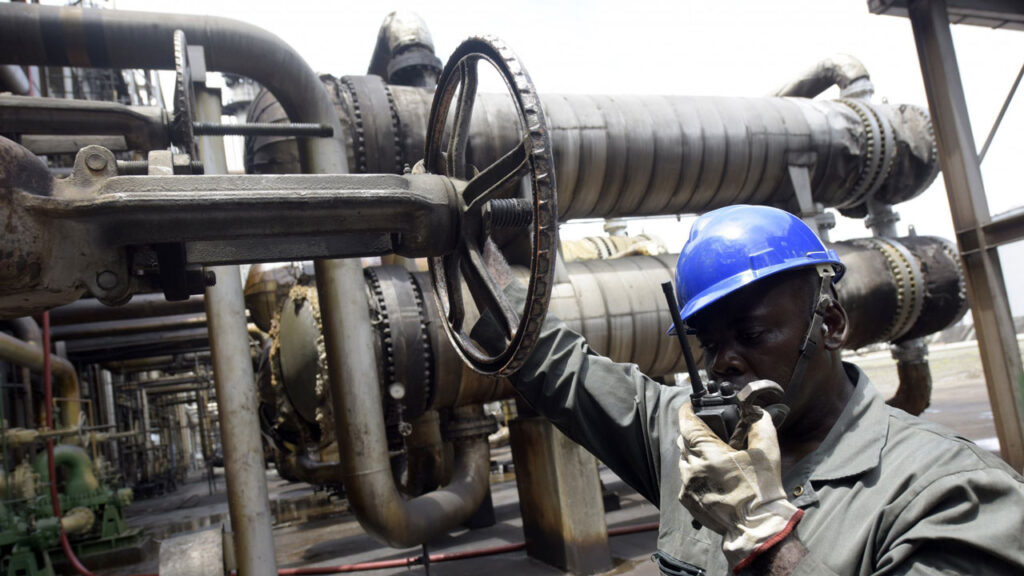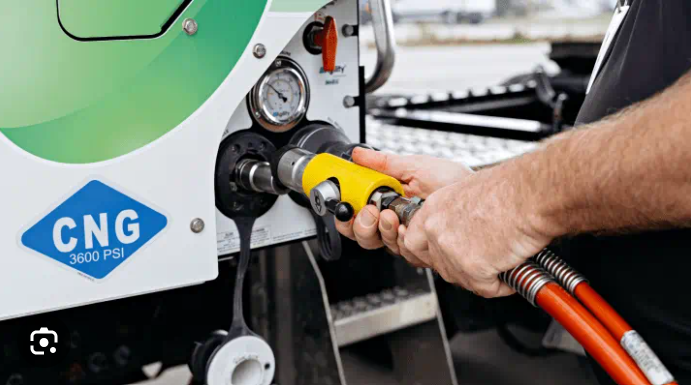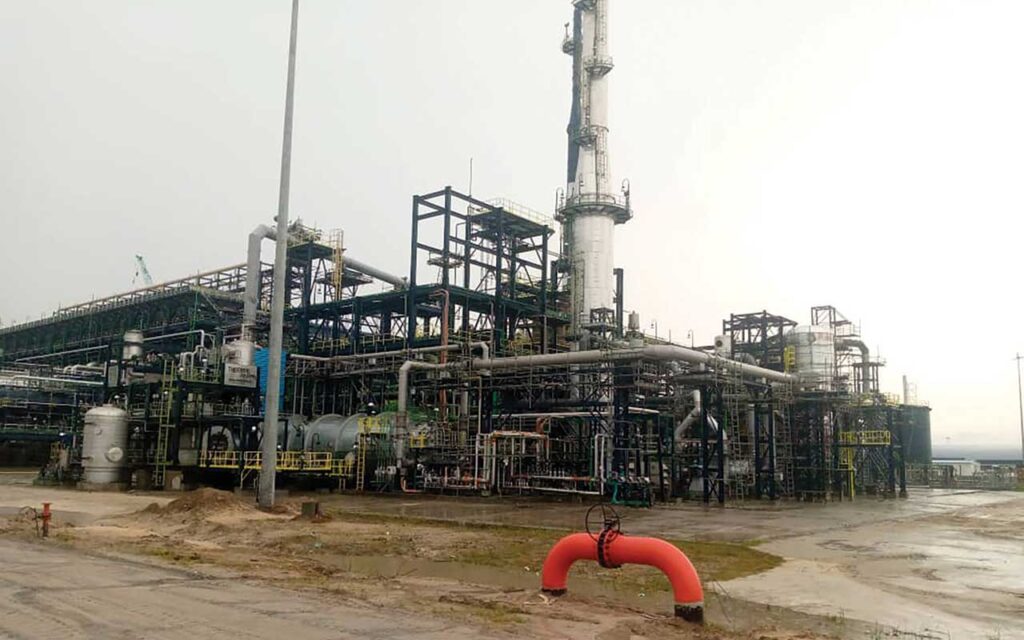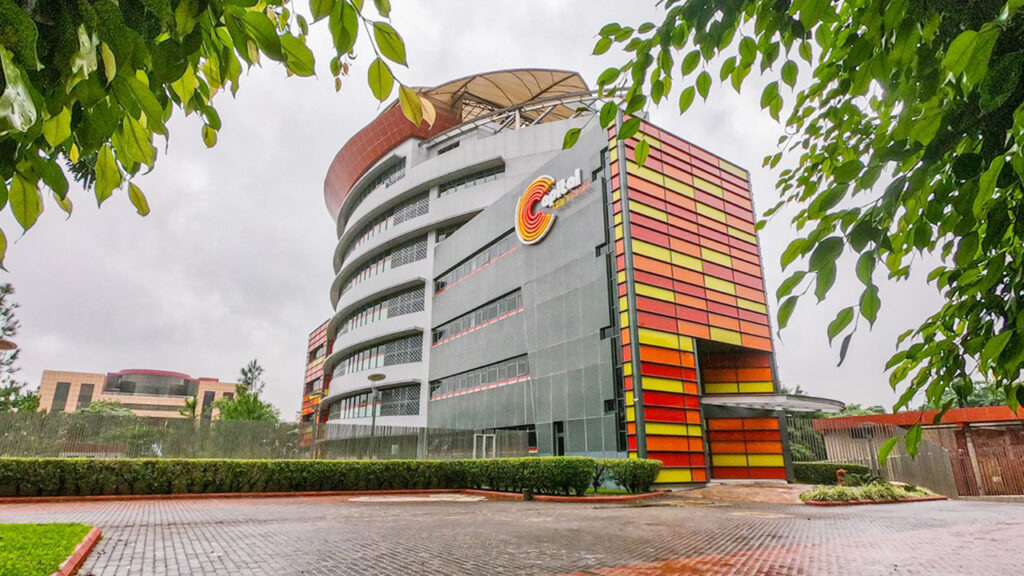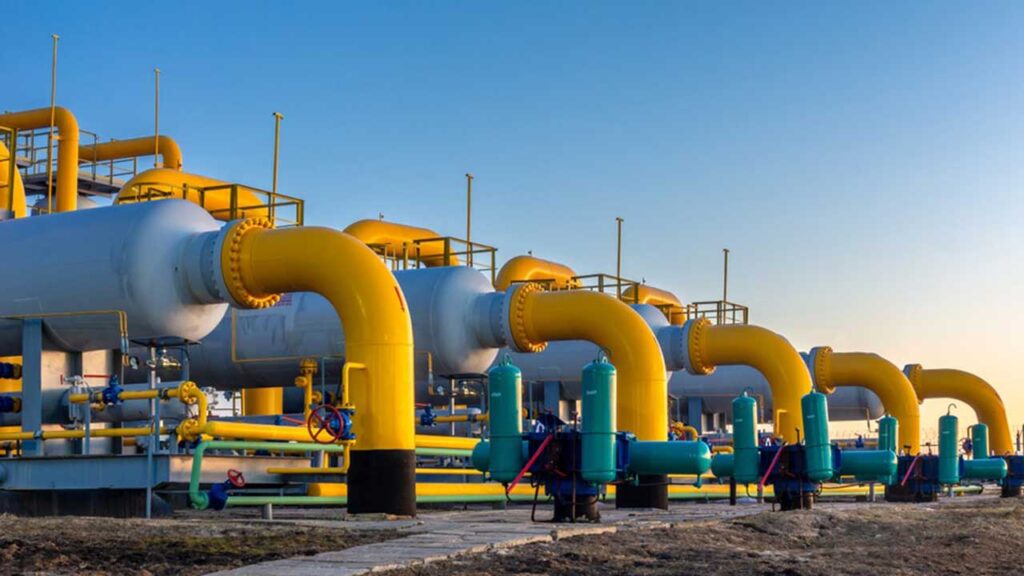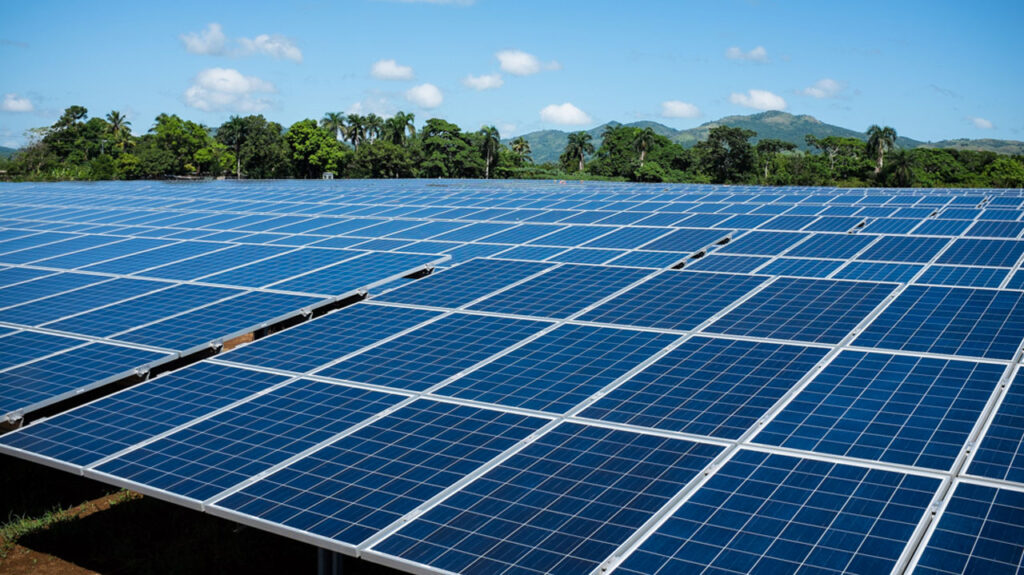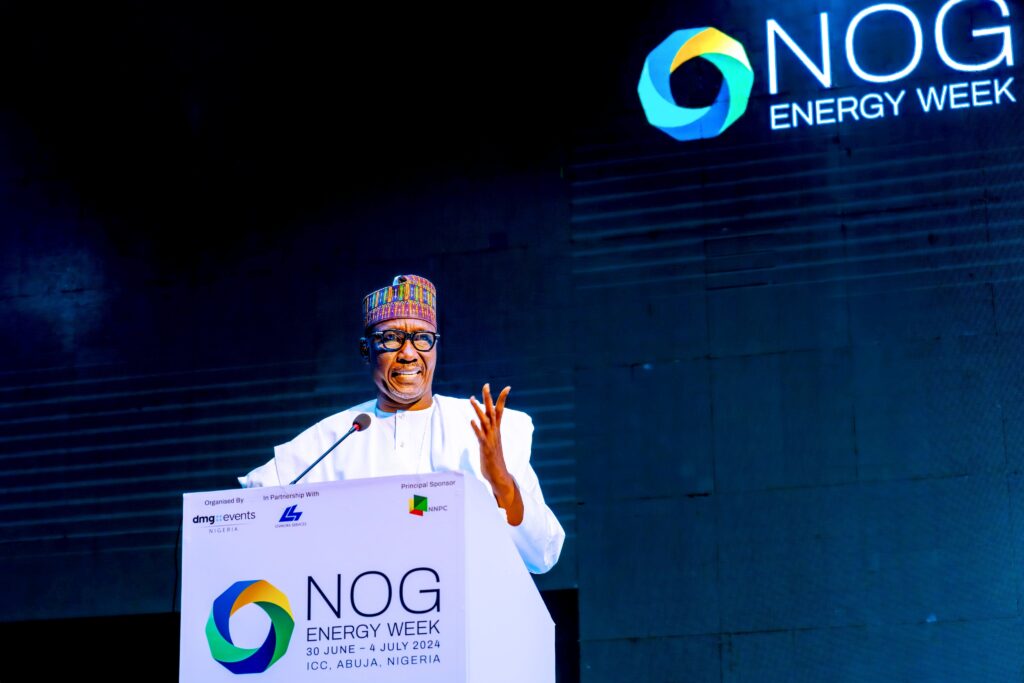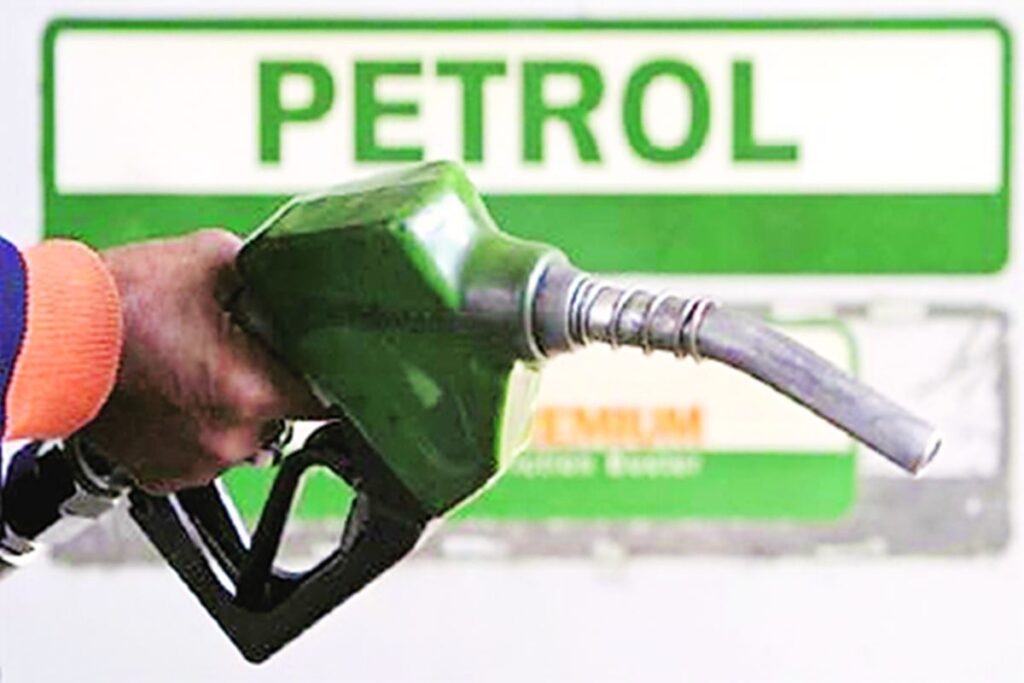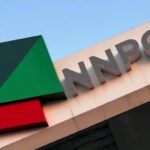
Stakeholders in the oil and gas sector have emphasised the need for Nigeria to prioritise downstream and midstream infrastructure for competitiveness.
The stakeholders also called for the sustainability of gas policies in the face of energy transition and the evolving global oil and gas market.
They acknowledged that while alternative energy sources, particularly renewables, are significant in the long term, focusing on gas is crucial for the immediate and medium term.
According to projections, energy consumption would accelerate this year while fossil fuels would continue to dominate despite soaring demand for renewables.
It stated that growth in global energy consumption would accelerate by 1.8 per cent in 2024.
Stakeholders highlighted that Nigeria is confronted with a peculiar obstacle, as there is a need for funds to address the essential needs of the population as the nation is currently grappling with revenue challenges.
They stressed the fact that the country primarily relies on oil and gas for a substantial portion of income, making it quite difficult for an effective transition to renewables which also requires significant funding.
They emphasised that in the near- and medium term, Nigeria should concentrate on efficiently utilising its existing energy sources, particularly abundant gas and hydro, for which supporting infrastructure is already in place.
Highlighting the importance of maintaining consistency in implementing the Petroleum Industry Act (PIA), they noted that long-term stability in Nigeria’s oil and gas sector hinges on the act. They noted that investors, both local and international, prioritise policy coherence and long-term projections for making investment decisions.
Partner PwC, Habeeb Jaiyeola, mentioned that Nigeria presently operates a fully deregulated petroleum downstream sector, noting that ensuring efficient logistics is crucial for maintaining relatively stable prices and the government should invest in sufficient infrastructure to bolster local private sector logistics within the industry.
He added that the national strategic stock needs to be implemented via adequate collaboration between government and private sector stakeholders.
“A well-developed energy sector where investors can recover profits on investments will further support the development of other energy sources like solar, wind, biomass and so on, closely linked to this is an urgent need for Nigeria to promote efforts towards achieving a circular economy, where production, recycling and reuse are intensely promoted.
“Currently, Nigeria may be classified as a linear economy where production, usage and disposal is adopted which is not effective use of resources and limited energy,” he said.
The Guardian was informed that high commodity prices and EU efforts to replace Russian energy supplies will continue to attract new investment into fossil-fuel production in 2024 with the expectation of global natural gas production to expand by 2.2 per cent.
Chief Executive Officer, Diary Hills Limited, Kelvin Emmanuel, emphasised the need for a fundamental shift in Nigerian National Petroleum Company Limited’s (NNPCL) business model, urging the company to acquire domain expertise for operations to move from onshore to deep offshore areas to enhance its share in production sharing contracts and minimize expenses in Joint Venture (JV) cash calls.
He further highlighted the importance of the government ensuring the installation of pressure and temperature sensors on pipelines that can detect anomalies, such as drops in pressure from hot tapping, enabling security agencies to respond swiftly to attacks or diversions.
“My immediate suggestion is for the Government to focus on not just associated gas but also invest through JV-associated gas fields that will raise the amount of feedstock available to NLNG, floating LNG, high transmission pipes both for domestic and exports.
“It is also critical that the government proceeds immediately with the JV for the Nigeria Morocco Gas Pipeline (NMGP) as a means to raise FX revenues that can stabilise the economy, reduce inflation, and impact on the fiscal strategy paper of the government,” he said.

